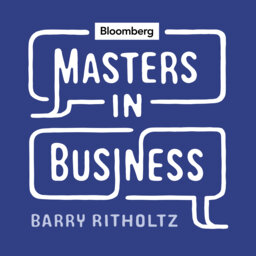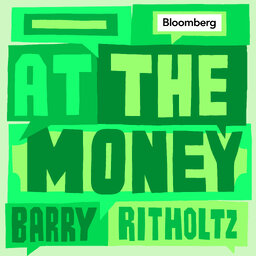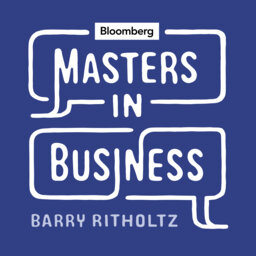An Interview With Jason Zweig: Masters in Business (Audio)
Sept. 11 (Bloomberg) -- Bloomberg View columnist Barry Ritholtz interviews Jason Zweig, a columnist for the Wall Street Journal and the author of "Your Money and Your Brain." They discuss social media and financial journalism. This interview aired on Bloomberg Radio.
In 1 playlist(s)
Masters in Business
Barry Ritholtz speaks with the people that shape markets, investing and business.Social links
Follow podcast
Recent clips

How Investors Fall Into Bias Traps with Economists Richard Thaler & Alex Imas
1:26:06

At The Money: Better Results By NOT Investing with Dictators!
17:17

Using AI to Find Investing Stories with Perscient Co-Founder Ben Hunt
1:39:48
 Masters in Business
Masters in Business